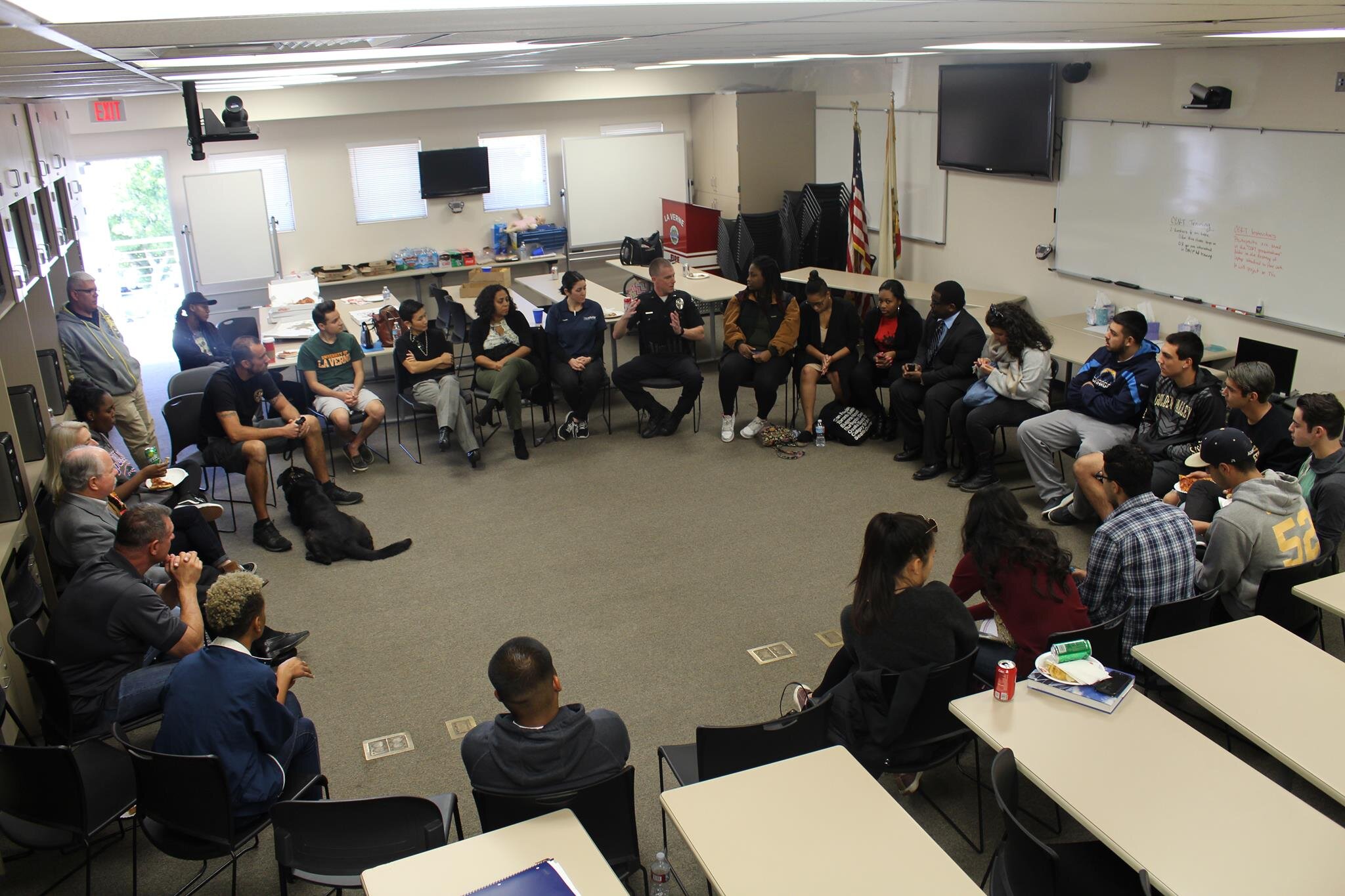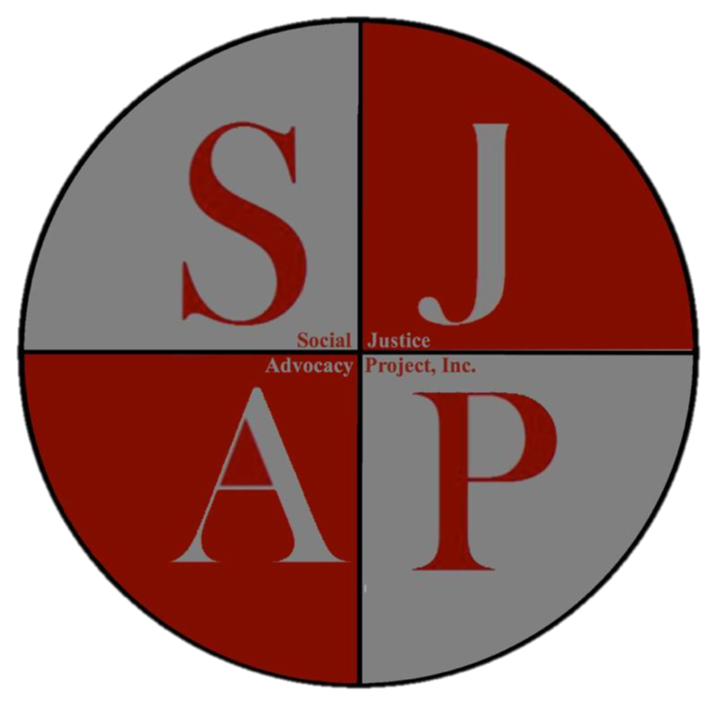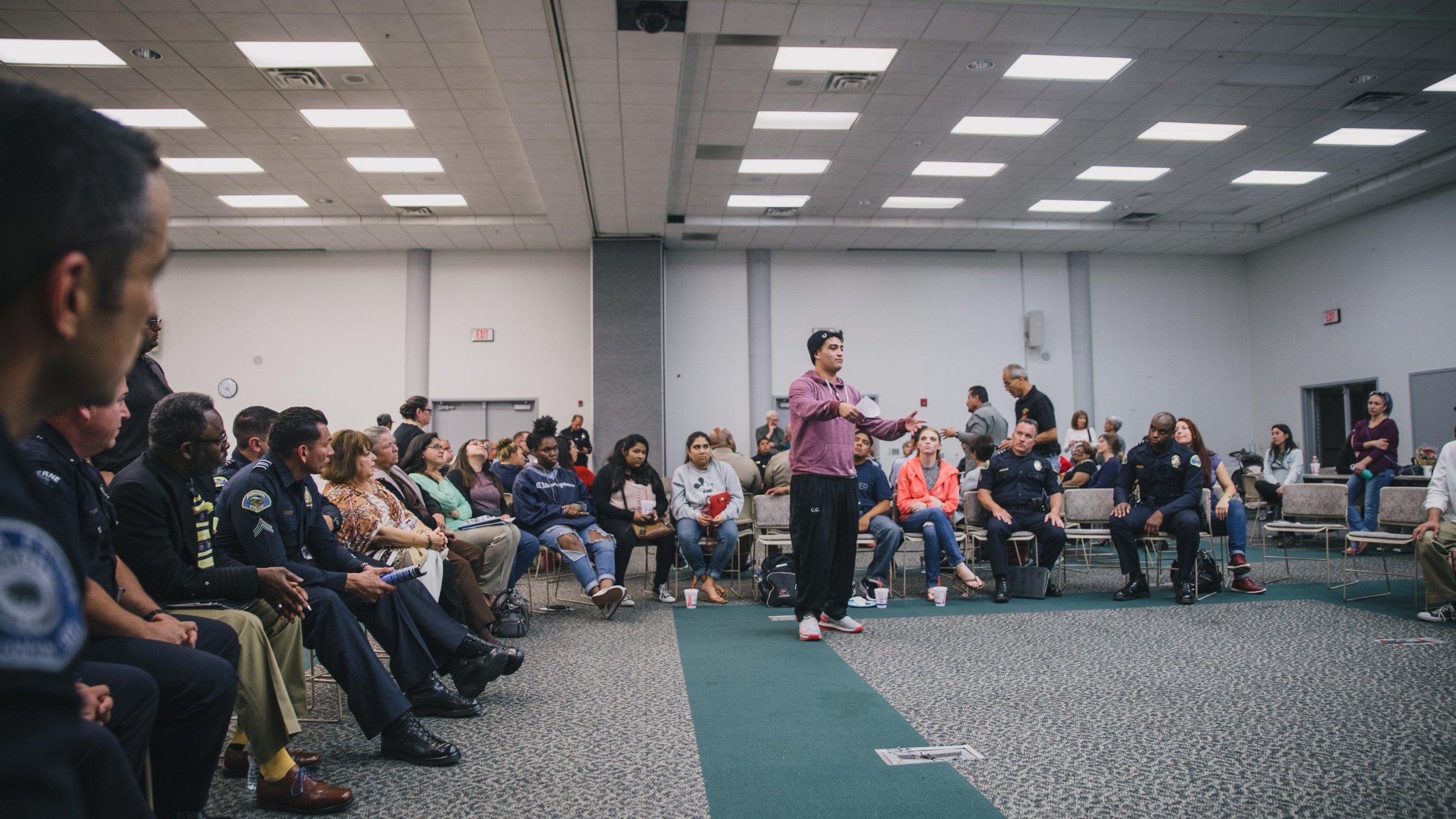
Truth and Reconciliation
We have experience bringing together community members across multiple industries and backgrounds to discuss and confront challenges that divide their communities.
We have held several Truth and Reconciliation Programs involving law enforcement, leadership, and marginalized communities, and cannot wait until the next one!
The Value of Truth and Reconciliation
Truth and Reconciliation is a rehabilitative process focused on T.R.U.T.H. (Transparency, Relationships, Understanding, Trust, and Healing). It has been used globally to help countries and communities overcome historic atrocities like slavery, apartheid (segregation), and civil war.
The United States has had all three of these events occur in its relatively short history, but has never confronted the truth of these events with an attempt to reconcile the harms these events have caused. Truth and reconciliation is what the U.S. needs to bring its communities together the right way.
FAQs
-
Truth and Reconciliation processes have been used all over the globe to help countries overcome serious atrocities. We have seen them used in Rwanda after the genocide, South Africa after the apartheid, and in Canada after its racist enslavement and genocide of the indigenous community. The U.S. shares histories of civil war with Rwanda, apartheid with South Africa, and slavery and genocide with Canada, but the U.S. has never had a Truth and Reconciliation process.
-
The purpose of a Truth and Reconciliation process is to give people an opportunity to come clean about the horrible acts they or others have perpetrated. It provides access to closure for both victims and perpetrators. It clears the air of looming unaddressed animosity that will continue to eat away at the fabric that holds the community together.
-
SJAP has trained and experienced facilitators that can guide groups with different, even opposing, viewpoints in a constructive dialogue. The goal of our facilitation is to get both sides to see the reality and value of their interdependence. We collect data to ensure our approach and execution are effective at accomplishing our goal. We also conduct follow-up to see what successes come from the process.
-
Any scenario where a group is struggling to find progress together because of a shared history, Truth and Reconciliation is needed. This can be as serious as community-oriented policing panels and programs in marginalized communities to a personal as the leaders of a nonprofit not being able to find common ground. Our T.R.U.T.H. Model and Change Management Processes are what people with conflicting beliefs and values need to move forward together.

